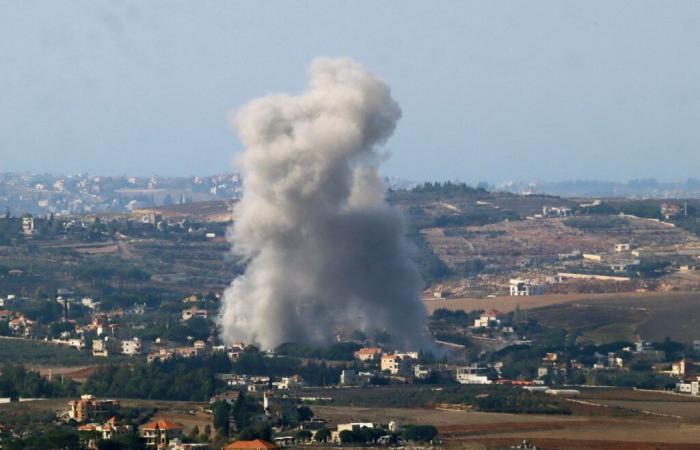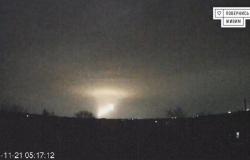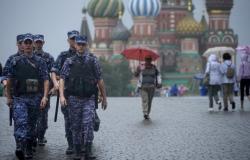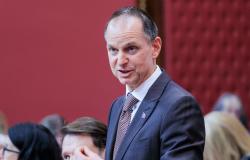20h53
The WHO director-general on Monday denounced Israel’s ban on the United Nations Palestinian Refugee Agency (UNRWA), adding that it “will not make Israel safer” while increasing suffering in Gaza .
“Let’s be clear: there is simply no alternative to UNRWA,” Tedros Adhanom Ghebreyesus, the head of the World Health Organization, said in a video on X.
“Increase suffering”
“This ban will not make Israel safer. It will only increase the suffering of the population of Gaza and the risks of epidemics,” he added.
These comments from the head of the WHO come as Israel, ignoring international warnings, officially notified the UN on Monday of the ban on UNRWA, adopted last week by the Israeli Parliament.
It is due to come into force at the end of January.
This UN agency is considered the “backbone” of aid to refugees in the Occupied Palestinian Territories.
Israel accused around ten of its employees of having taken part in the bloody attack committed by Hamas on its territory on October 7, 2023. Experts mandated by the UN concluded in April that UNRWA lacked “neutrality” policy.
Israel said on Monday that it had provided the UN with “countless evidence that Hamas agents are employed by UNRWA and that their facilities are being used for terrorist purposes,” in a statement from the Foreign Ministry.
Serious consequences for millions of Palestinians
The agency, which employs 13,000 people in Gaza, fired nine employees in January after an internal investigation showed that they “may have been involved in the armed attacks of October 7.” The UN Security Council has estimated that it will have serious consequences for millions of Palestinians.
UNRWA, established in 1949 after the first Arab-Israeli conflict following the creation of the State of Israel the previous year, provides assistance to nearly six million Palestinians in the Gaza Strip, in West Bank, Lebanon, Jordan and Syria.
In Gaza, it is “one of the most important providers of essential health services”, underlined the head of the WHO. “Every day, it provides thousands of medical consultations and vaccinates hundreds of children,” he added, specifying that many humanitarian partners depended on the UNRWA logistics network to bring aid into Gaza. and distribute it “where the need is”.
He stressed that the UNRWA staff WHO had worked with were “dedicated humanitarian and medical professionals who worked tirelessly for their communities in unimaginable circumstances.”






